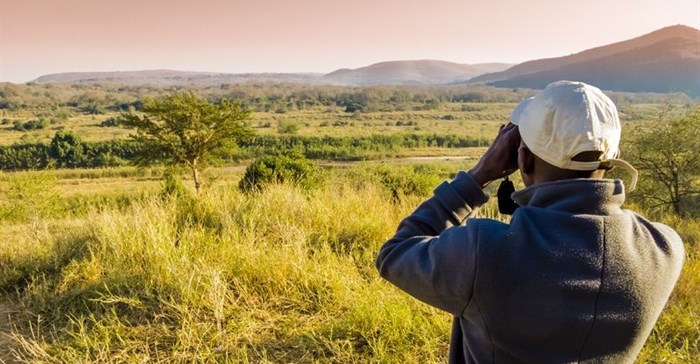
Related
Top stories






More news


Marketing & Media
Ads are coming to AI. Does that really have to be such a bad thing?














In the World Travel and Tourism Council’s (WTTC) 2017 Global Economic Impact & Issues report, the organisation’s president and CEO David Scowsill states that “despite the increasing and unpredictable shocks from terrorist attacks, political instability, health pandemics, and natural disasters, the travel and tourism industries continue to show resilience." And he believes the sector will remain strong “as long as governments continue to invest in the necessary infrastructure”.
The question is how we can enable the powerful global transformative force of tourism to contribute to make this world a better place and to advance sustainable development in all its five pillars: Economic, Social, Environmental, Cultural and Peace.
With this resilience, comes responsibility. The tourism sector is in a unique position, especially in South Africa, to be able to create new jobs and opportunities where so many other industries are being forced to cut back.
We also have a responsibility to create attractive tourism options to continue to bring international visitors to our shores. However, we must do so while protecting our rich and varied natural environment and resources. This is imperative if we wish to protect and preserve the planet. It is also crucial to ensure that we are able to attract people from around the world to our country for many, many more years to come.
The United Nations World Tourism Organization (UNWTO) declared 2017 the International Year of Sustainable Tourism for Development, imploring nations to implement change in the sector globally. This needs to be taken into 2018 and beyond.
In the words of UNWTO Secretary-General Taleb Rifai, spoken at the World Tourism Day celebrations in Doha, Qatar on 27 September: “The question is how we can enable the powerful global transformative force of tourism to contribute to make this world a better place and to advance sustainable development in all its five pillars: economic, social, environmental, cultural and peace”.
In South Africa, we are among a few countries at the forefront of responsible and sustainable tourism, with principles long ingrained in our practice in the industry. As the UNWTO suggests, it is down the public and private sector to work together for the good of the economy, for social and cultural inclusion, and for environmental preservation.
With more than a quarter of South Africa’s population unemployed, we must come up with ways to further boost this sector creatively.
As a starting point, we need to create more heritage tourism routes. Empowering the black middle-class to travel for leisure is an opportunity that could garner huge rewards. Tapping into even just a small percentage of this market has the potential to boost revenue for the country by billions of rands. With this additional income for the sector, we can create even more opportunities. Creating and maintaining these heritage routes also means maintaining cultural heritage in these areas.
Thebe Tourism Group is actively developing new tourism products in South Africa. Just last year we announced several products and partnerships that will greatly bolster the sector in the coming years i.e. The Mandela Atlantic Presidential Centre in partnership with The Nelson Mandela Foundation to be built in President Mandela’s former residence in Houghton, the Blyde Canyon River Community Project which will see the community owning a 50% stake in new tourism projects, the Kruger Shalati development which will redefine travel and hospitality in the African continent, and a hive of other developments in the Mpumalanga province.
These projects foster our strategic approach towards sustainability and transformation in the sector and as a company. While sustainability was a major focus for world tourism in 2017, by its very nature it is a concept that the industry must take forward in everything that we do – from strategy to planning and in actioning ideas.
It is our responsibility to ensure that, as our industry grows and develops, we incorporate sustainable practices going forward.